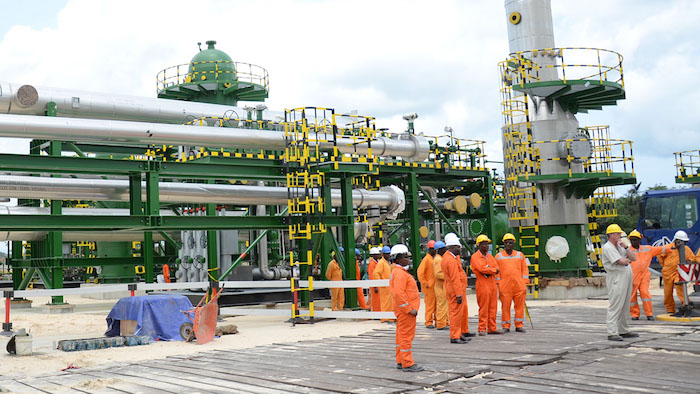Nigeria’s premier oil and gas companies concluded the nine-month period ending September 2025 with a robust aggregated cash balance of 1.48$ trillion. This figure represents a slight but positive increase of $0.76 compared to the 1.46$ trillion recorded during the same period in 2023, signaling enhanced liquidity across the sector.
Cash as a Measure of Financial Strength
Cash and bank balances, often listed on the balance sheet as “cash and cash equivalents,” are recognized as a vital indicator of a company’s immediate financial health. These reserves—which include funds readily accessible in bank accounts or short-term deposits—demonstrate a firm’s capacity to swiftly address financial obligations, capitalize on emerging investment opportunities, or absorb unexpected economic shocks.
This report ranks Nigeria’s major oil and gas players based on their liquid assets for the period ending September 30, 2025.
Analysis: Second-Largest Cash Holding
2. Aradel Plc — 411.8$ billion
Aradel Plc secured the second-highest position in the ranking, reporting a significant cash and bank balance of 411.8$ billion. This figure marked a slight decrease from the 422.2$ billion reported in the corresponding period of the previous year.
Financial Health Snapshot (Q3 2025):
-
Total Current Assets: Rose to 545.2$ billion (from 538.6$ billion), with trade and other receivables (93.2$ billion) being the next largest component after liquid cash.
-
Current Liabilities: Increased by $25.23to 268.6$ billion, primarily driven by a rise in trade and other payables (128.5$ billion).
-
Liquidity Ratio: The company maintained a robust quick ratio of $1.68$, indicating strong liquidity even after excluding inventory from current assets.
Performance and Cash Flow:
Aradel demonstrated strong operational performance, achieving a pre-tax profit of 300.6$ billion, which reflected a substantial 2$57.05 increase.This was supported by total revenue of 538.8$ billion, growing by $42.70. Despite the impressive profit growth, net operating cash flow saw a marginal decline of $3.8\%$, settling at 205.4$ billion.

